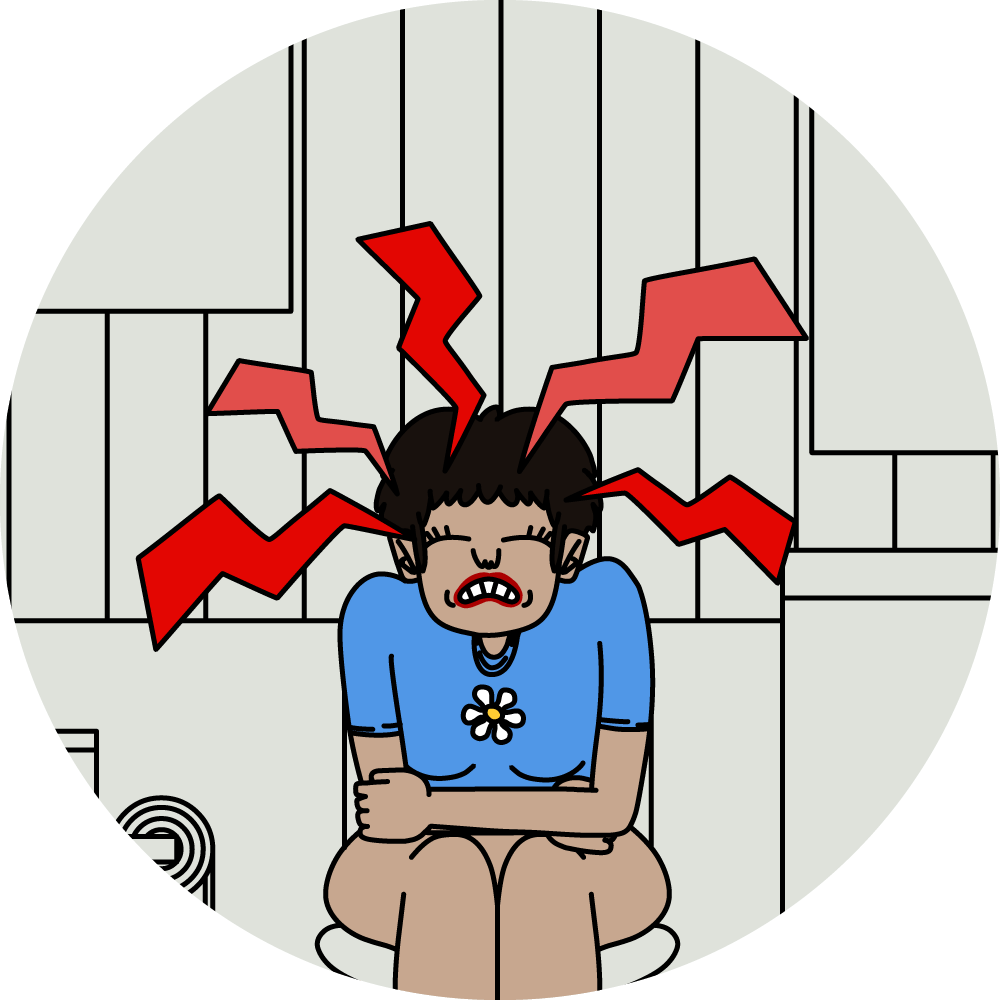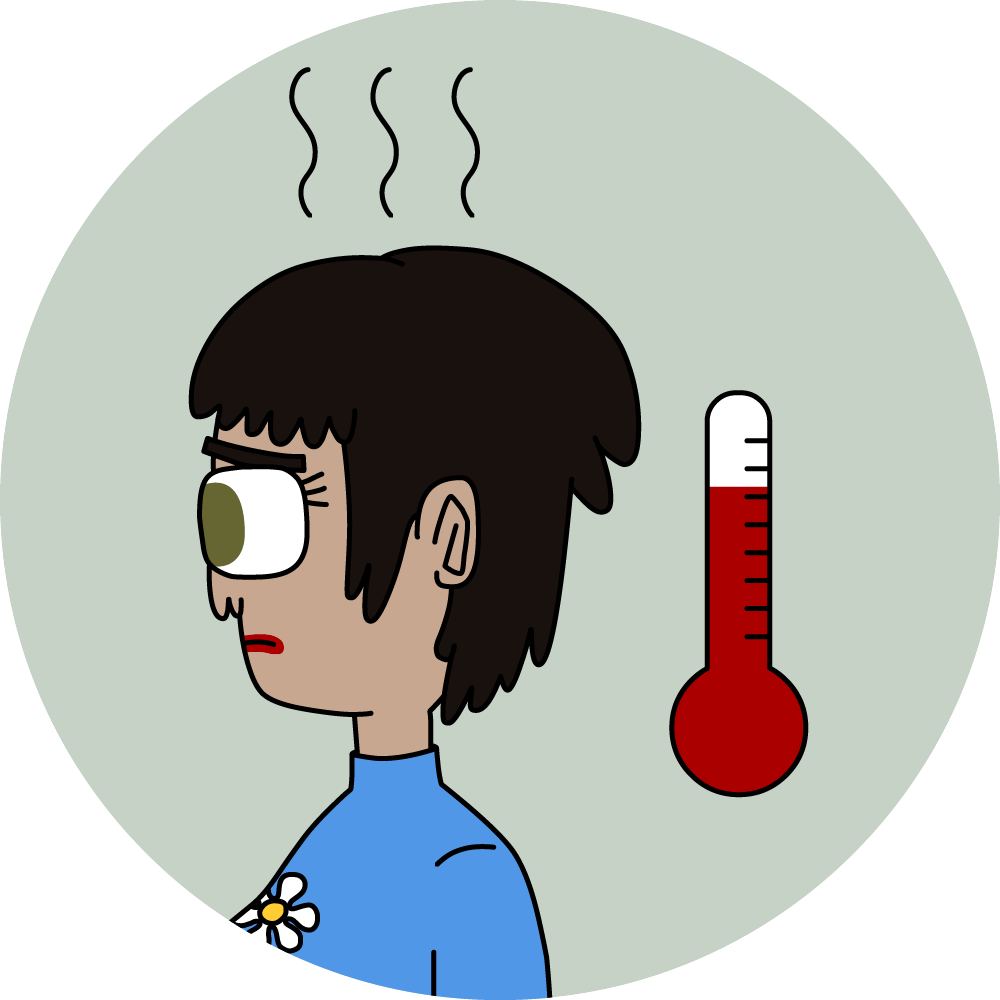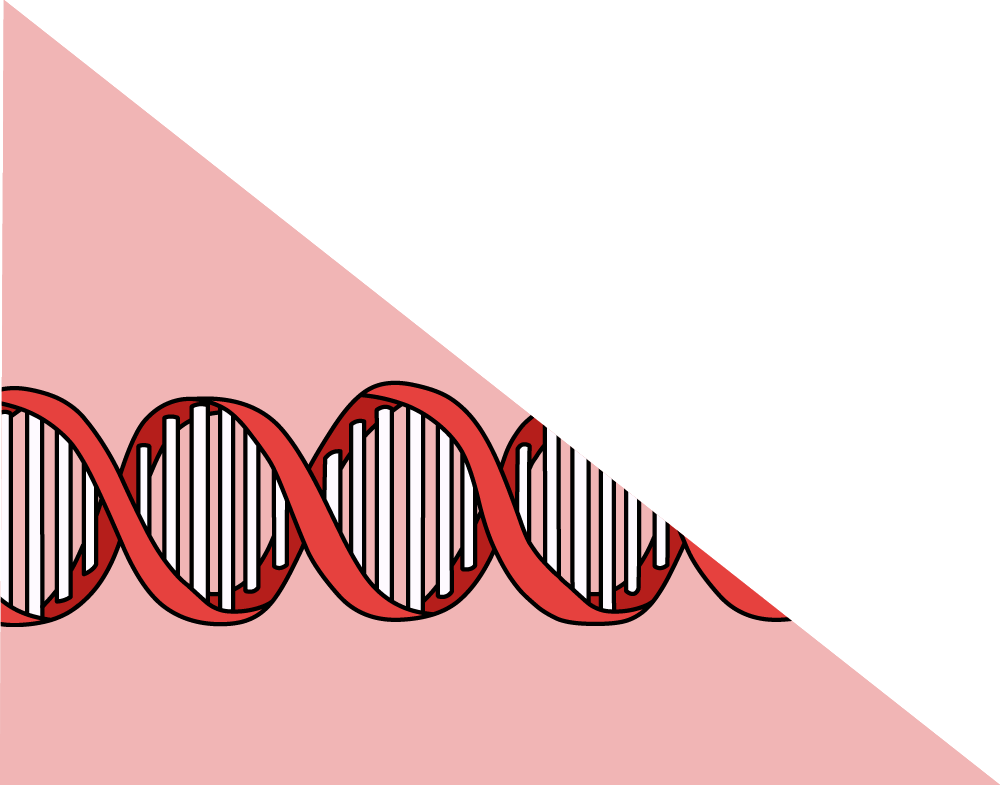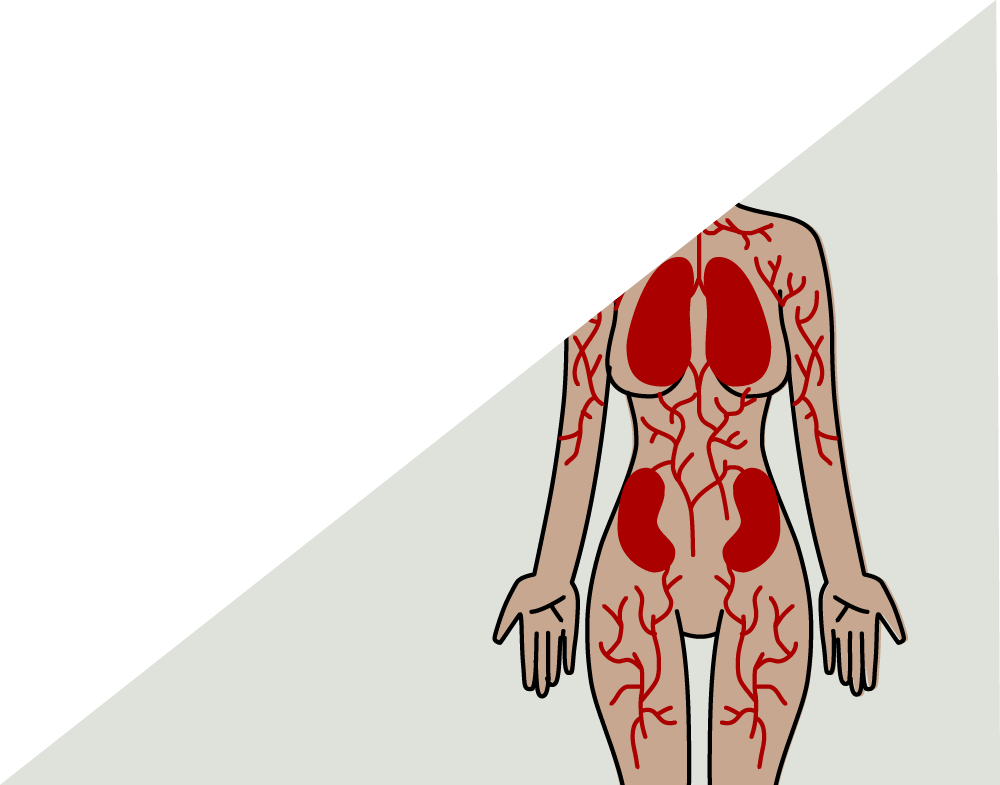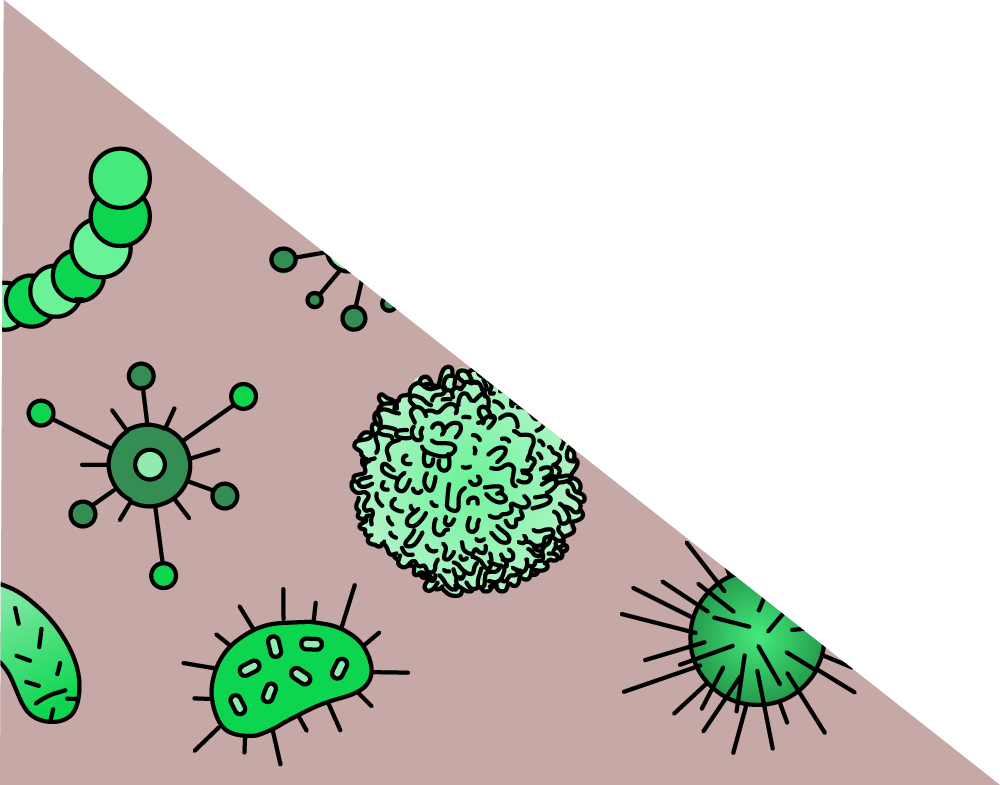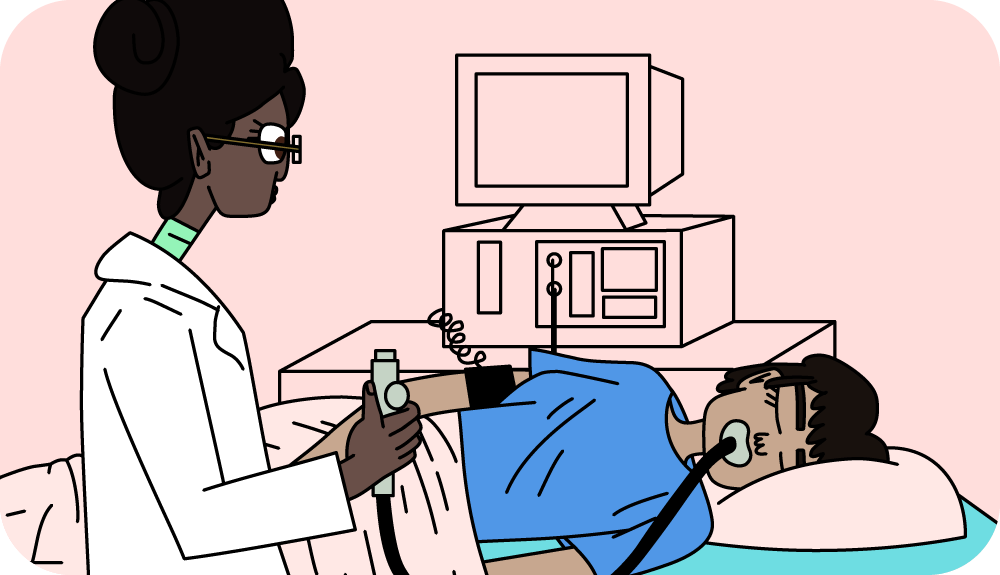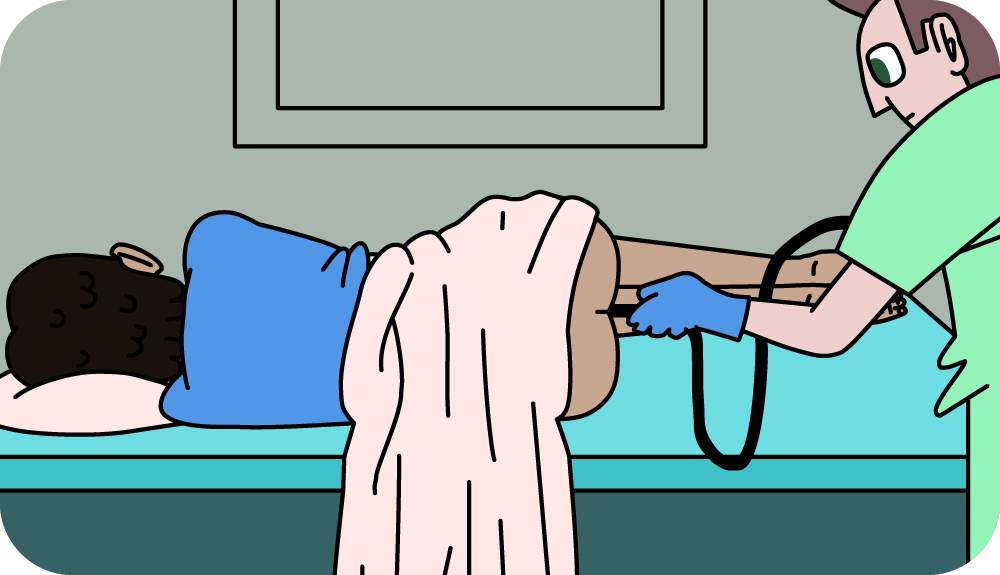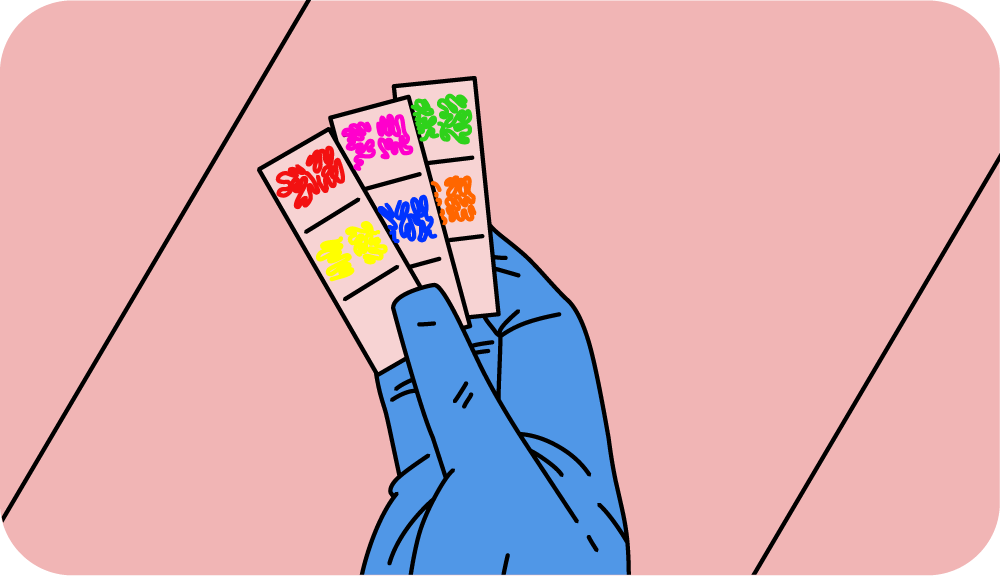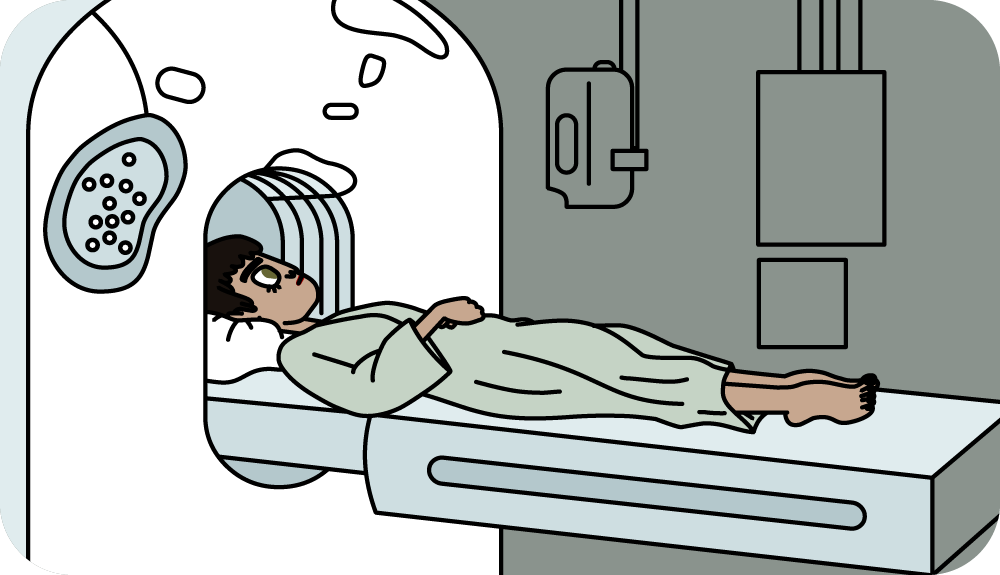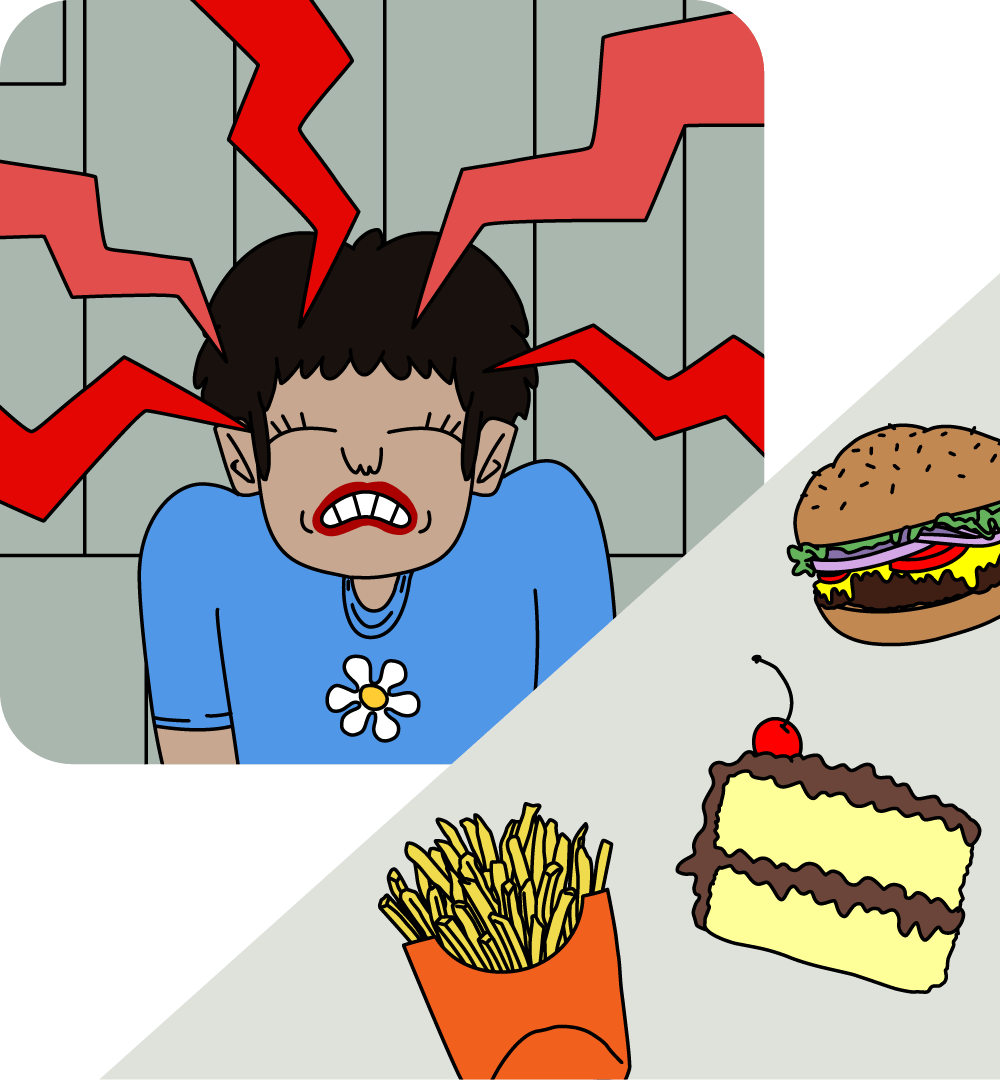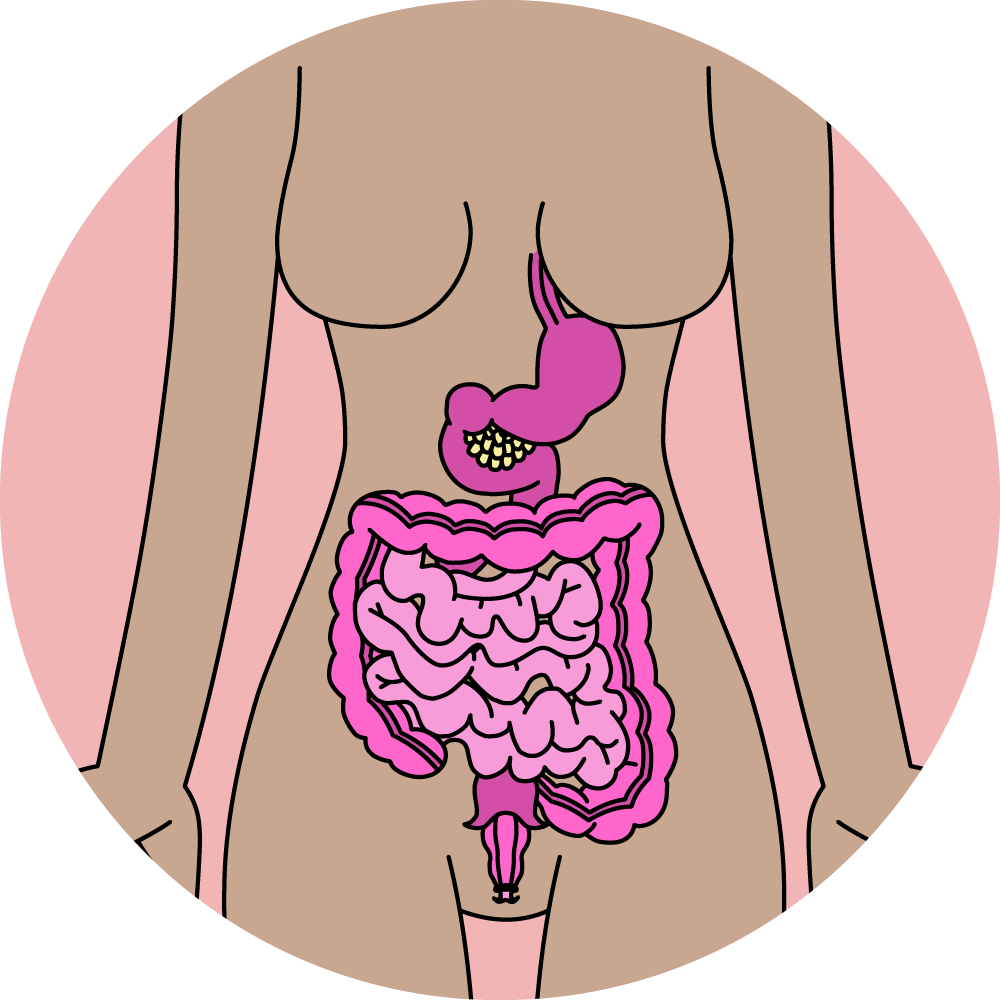By
Updated 4 years ago,February 2, 2021
What is Ulcerative Colitis?
Ulcerative colitis affects the innermost lining of your large intestine (colon) and rectum.
This is different than Crohns disease, which affects the small intestine.
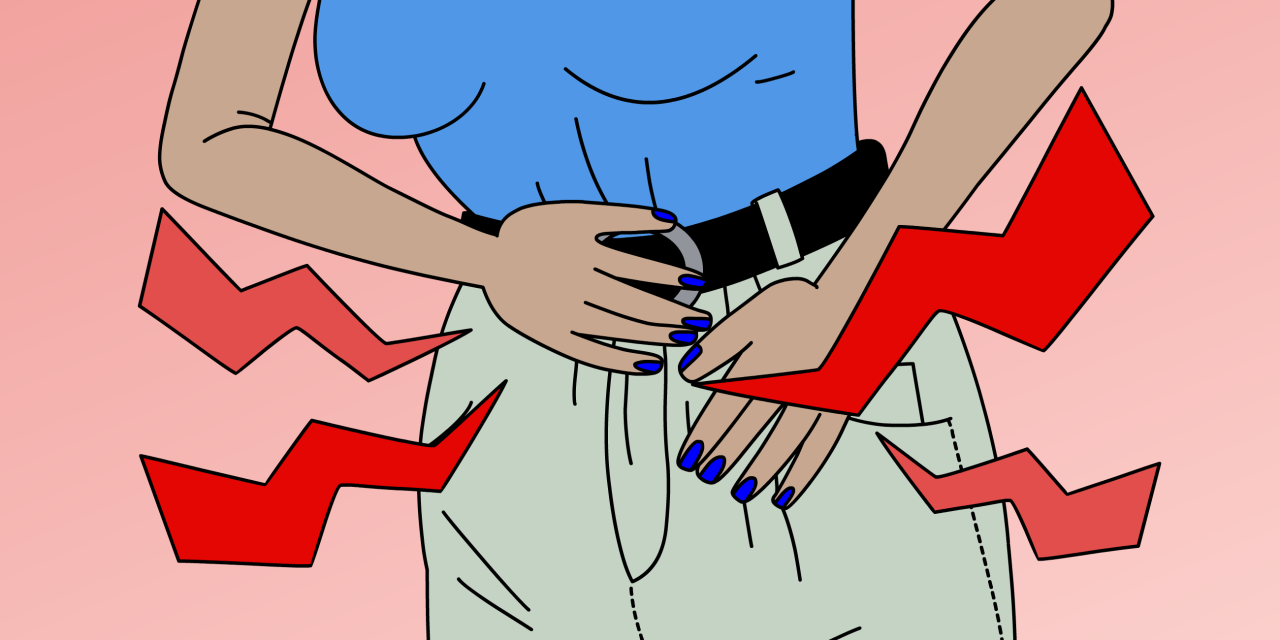
Symptoms usually develop over time, rather than suddenly.
What are the Symptoms?
What are the causes?

The cause of ulcerative colitis is complex and involves many factors.
Genes:You may inherit a gene from a parent that increases your chance.
Environmental factors:Bacteria, viruses, and antigens may trigger your immune system.
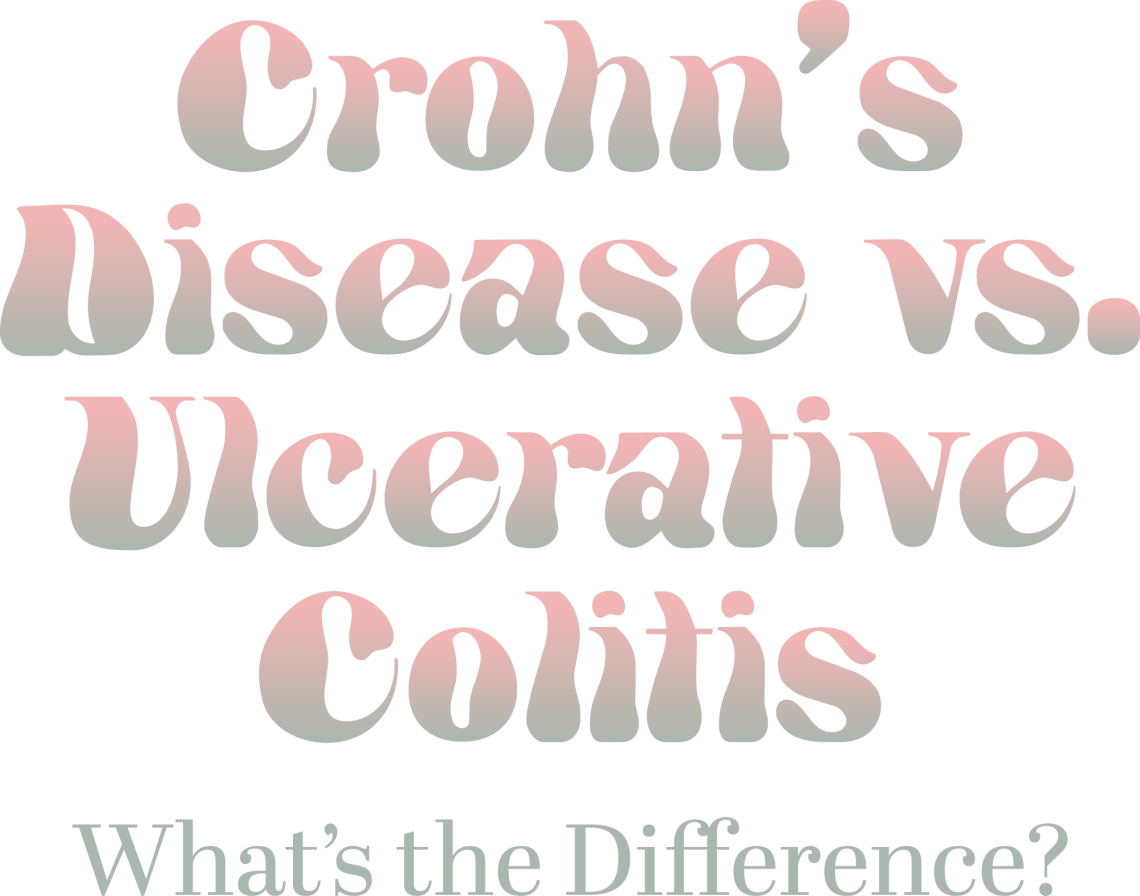
How do you get diagnosed with Ulcerative Colitis?
Stool Test:A doctor examines your stool for certain inflammatory markers, blood, bacteria, and parasites.
Endoscopy:A doctor uses a flexible tube to examine your stomach, esophagus, and small intestine.
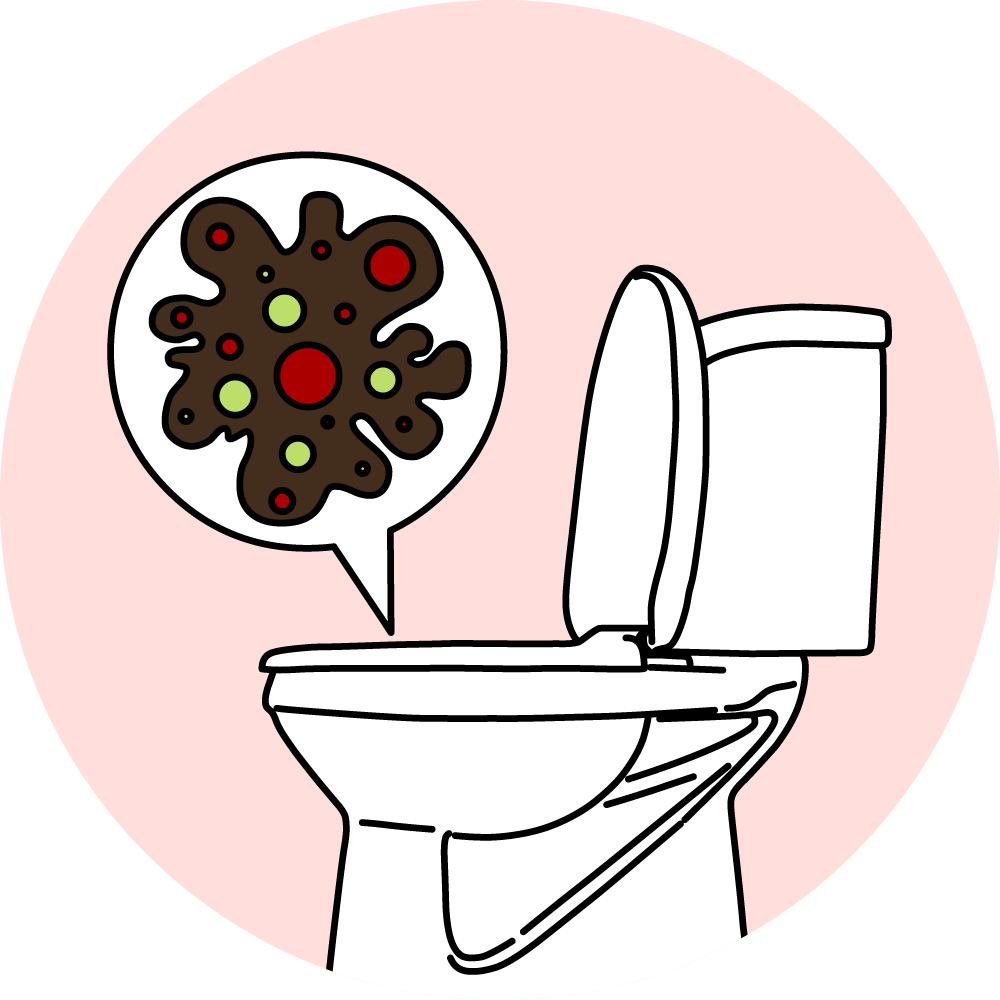
Biopsy:A surgeon removes a tissue sample from your colon for analysis.
CT Scan:This is a specialized X-ray of your abdomen and pelvis.
Whats the difference between Colitis and Ulcerative Colitis?

Colitis means your colon is inflamed, or irritated.
This can be brought on by many things, such as infections from viruses or bacteria.
Ulcerative colitis is more severe because it is not sparked by an infection and is lifelong.

Are there any myths about living with Ulcerative Colitis?
1.UC is the same thing as Crohns.
(UC affects the large intestine, while Crohns affects the small.)

2.UC is due to emotional stress.
3.UC is resulting from food allergies.
4.Most people with UC have severe symptoms.

5.UC only causes digestive issues.
6.UC can be cured with diet changes.
